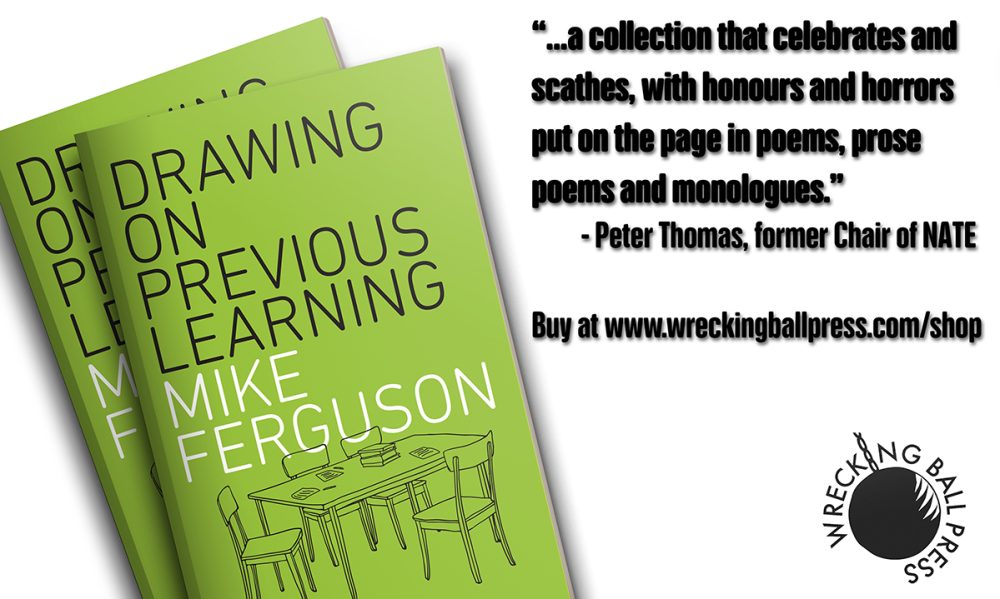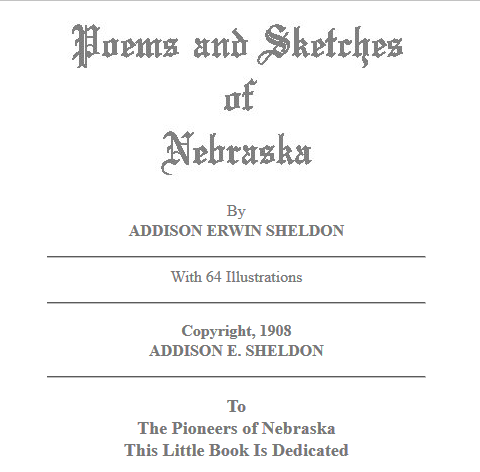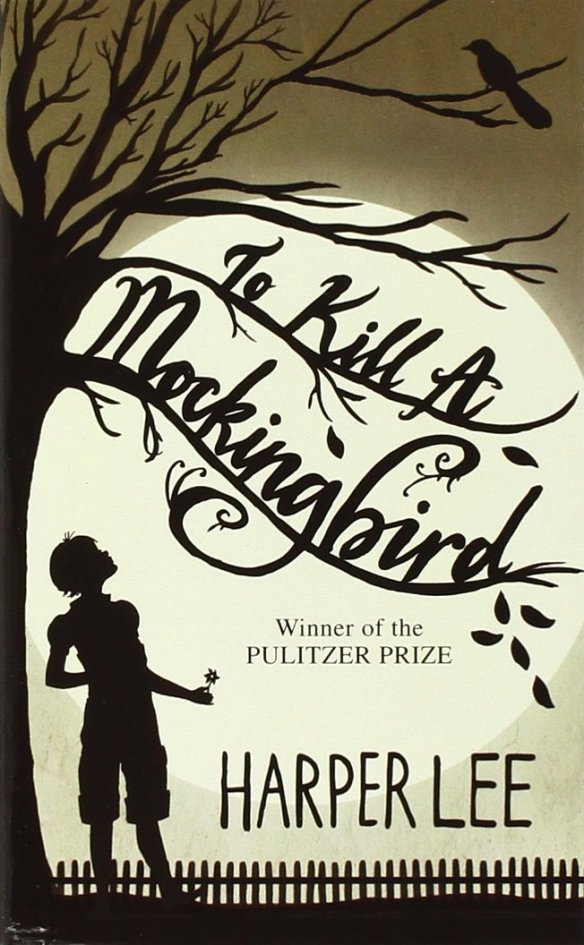The debate that prompted my first response to the notion there is an inherent intention to fail a percentage of students in the English/British [universal?] examination system [here], continued/continues where it started, and I have no wish in general terms to try and disprove its overall gist. I think my first response endorsed that ‘purpose’ to fail overview, though I was characterising its fundamental structure, at GCSE in particular, to have a pass and fail dichotomy pivoting on the notorious C/D borderline. The most sinister aspect of this is the annual adjustment of grade borderlines, especially at that point, in order to maintain an annual average/expectancy.
Just briefly on that grade borderline adjustment: I can understand a theory that this needs to exist to accommodate any perceived deviation from sustained ‘standards’ in the levels of question setting and objective assessment. But I don’t want to defend its other workings, and/or corruptions of design, and won’t.
Where I have continued to feel ‘defensive’, and very much as an examiner [I don’t question set, but I do train and standardise], is in responding to any idea that GCSE exams have questions set which are designed to fail students. I’m not saying this doesn’t exist – though it seems unlikely to me – but I am saying this hasn’t been my experience.
And in my experience – which is what I offer here, so take or leave as you will – where there have been errors in question setting, so this could have an impact on student responses, you meet as teachers/examiners to make adjustments in assessing this. I recall one particular example, and I think it was a question about Of Mice and Men [not Wilfred Owen, and you’ll understand in a moment], and the short question contained the word ‘futility’. Immediately after the exam was sat, schools rang the exam board to complain that their students hadn’t understood this word and it had confused and worried them trying to respond. When we as a wider body of examiners saw this question [and indeed as teachers in our own schools] it was obvious that this one word could be a genuine barrier to students responding as the question was intended: to explore the theme of the book, so to speak and to paraphrase, whether its ending was positive or negative – you get the gist!
So there you go. A mistake had been made, but it was a mistake. The question setter didn’t decide to make it difficult for a perceived percentage of students to struggle with answering. It was a thoughtless moment that should have been spotted and corrected by those who check and indeed should scrutinise the accuracy and appropriateness of all the questions on an exam paper. It wasn’t the first or last mistake to be made and not spotted.
At standardising, it was agreed that any response to that question would be accepted. It would be unfair to penalise students for not understanding, or misunderstanding a key term/word. I actually harboured a slight concern that many or most 16 year olds wouldn’t understand the word ‘futility’, but I accepted entirely that it could and probably was the case.
Now, you can imagine pedants then being concerned that such a decision would disadvantage those students who did indeed understand the term and answered astutely within that personal comprehension. Well, the overall spirit of the exam – as it was and still is – to reward what candidates could/did do [rather than penalise for what wasn’t covered…] accommodates that. But this takes us into another area of debate I’m not interested in here.
The history of national school exams, at all levels, but especially GCSE and A Level, is riddled with errors in question setting and other mistakes. Things should be more efficient than this, but they aren’t. I remember when examination papers in my subject were stolen three years in a row [!] and substitute papers had to be used.
I also know as an examiner I have questions on my paper that I like and those I don’t like. I certainly do not like any questions that make it difficult for students to answer [and I do not believe this is by design: it is by difference of opinion]. I am not a believer, for example, that questions must change in obvious ways each year so that they don’t appear to be familiar. If there are ‘obvious’ questions to ask of a text [e.g. ‘friendship’ or ‘loneliness’ in Of Mice and Men] then ask them again and again. Don’t look for new for the sake of it. On my paper, there are context passages that I think have been excellent, and those that I personally wouldn’t have chosen. I have my own view on setting questions that maximise the widest possible response, but I don’t set the questions.
So I don’t believe in a conspiracy theory about actual exam question setting, but I do believe people and exam boards make the stupidest mistakes with this.
But I do believe in conspiracy theory in some respects when it comes to national exams.
Michael Gove’s tenure as Education Secretary and intrusions to create a nefarious aspect of controlling certainly GCSEs is an historical disgrace. In general terms, his decision that all examinations should be more ‘rigorous’ [so harder, and by extrapolation depressing ‘success’] meant he presided over a move to include more content in examinations, especially that which is ostensibly to do with ‘knowledge’ – these finite [as if…] and right/wrong answers [as if…] for the syllabus and question setters to elicit. Madness. But he is the consummate mad twatter.
In English Literature, Gove’s myopic, ‘golden age’ perception of what GCSE should include, was less easy to narrow but he made an appalling and successful attempt to do so by, for example, banning American authors from study: a completely personal choice. He tried to make the study of Romantic poetry a compulsory element, but that is one area which I and fellow examining colleagues did have an impact on preventing. Had he succeeded, Gove wouldn’t have introduced ‘rigour’, he would have alienated thousands of students from engaging as widely as possible in the study of English Literature at this level.
But this too gets me moving at a tangent from the intended focus of this posting. I just want to make clear I am no apologist for much of the GCSE examination system. I don’t, however, believe it is structured to fail a percentage of students through its ‘questioning’ as a conspiracy of intent.
As I also said in my first posting on this, by all means scrap the whole system and set up a national framework, especially at GCSE [if there is a need to ‘test’ at this level, and there isn’t really with most students attending school until 18….], where we have students engage with their studies at school in lessons responding in the widest and most creative means possible for teachers to make formative assessments and ultimately detailed, positive commentaries on personal achievements.















